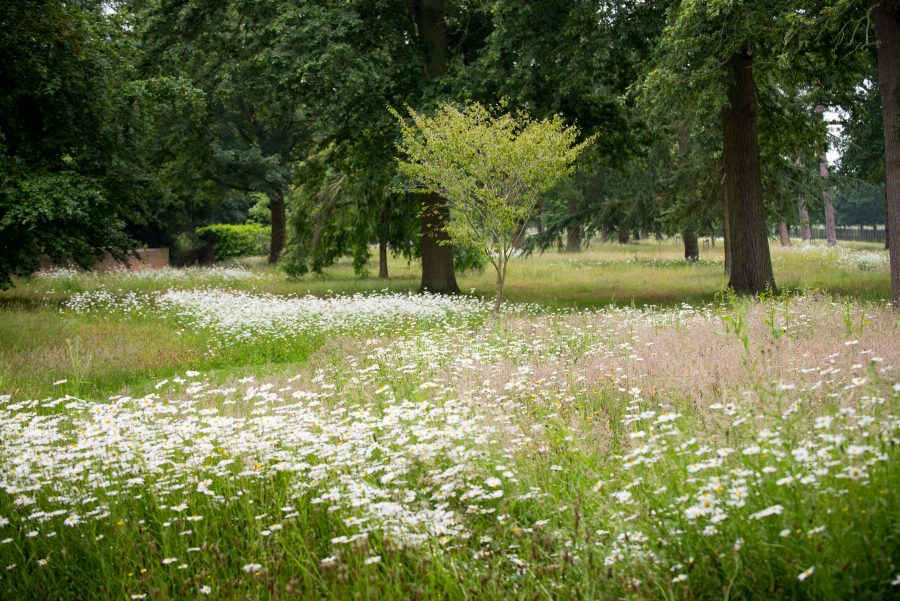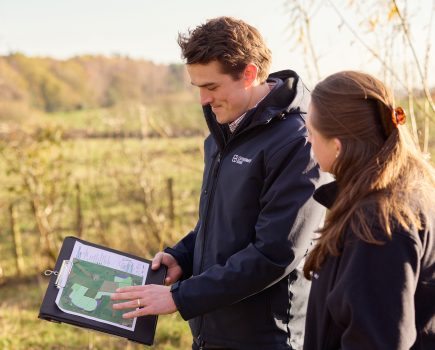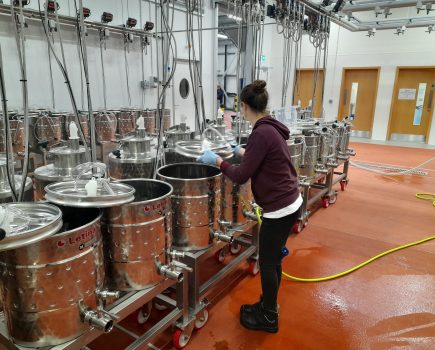The Englefield Estate has become one of the first organisations of its kind in the country to be awarded a prestigious award for the work it is doing to combat global climate change.
After a series of initiatives, including one-to-one and online training sessions for staff, the Estate has been granted official status as a Silver Level Carbon Literate Organisation by the Carbon Literacy Project.
The Englefield Estate comprises rural and urban property interests across three estates in Berkshire and Hampshire, London, and Scotland.
The Carbon Literacy Project is based on the key aim that if we are to cut our carbon emissions by the kind of reductions demanded of us by science, then we will need to change culture alongside technology.
Staff at all three estates underwent carbon literacy training earlier this year to explain the principles of reducing greenhouse gas emissions, both at work and at home. The training followed earlier work to calculate the estates’ carbon footprint as an important step on the path to net zero.
Estates Director Edward Crookes praised the hard work of estate staff in achieving silver status. “Achieving this recognition is something we can all be extremely proud of and it is an important step in support of the Estate’s commitment to playing our part to address climate change,” he said.
“Carbon Literate status is just one part of our journey to reduce our impact on the environment, through our individual and collective carbon footprints, and the actions we can take to reduce them at work and at home.
“It is very important that we maintain momentum across our estates and we will be working with heads of department to implement plans of action over the weeks and months ahead – and indeed for the estate’s operations long into the future too.”
Staff at the Englefield and Benyon Estates undertook face-to-face training on becoming carbon literate with David Cope, an accredited carbon literacy trainer and sustainability adviser.
David, who runs the sustainability advisory business 600 Strategy, said the training helped people to understand the costs and impacts of greenhouse gas pollution and then give them practical training and advice to help reduce it.
He said Englefield was “at the forefront of rural estates in doing this work,” adding that the training had created a mood of optimism among staff that they could take action to tackle climate change.







